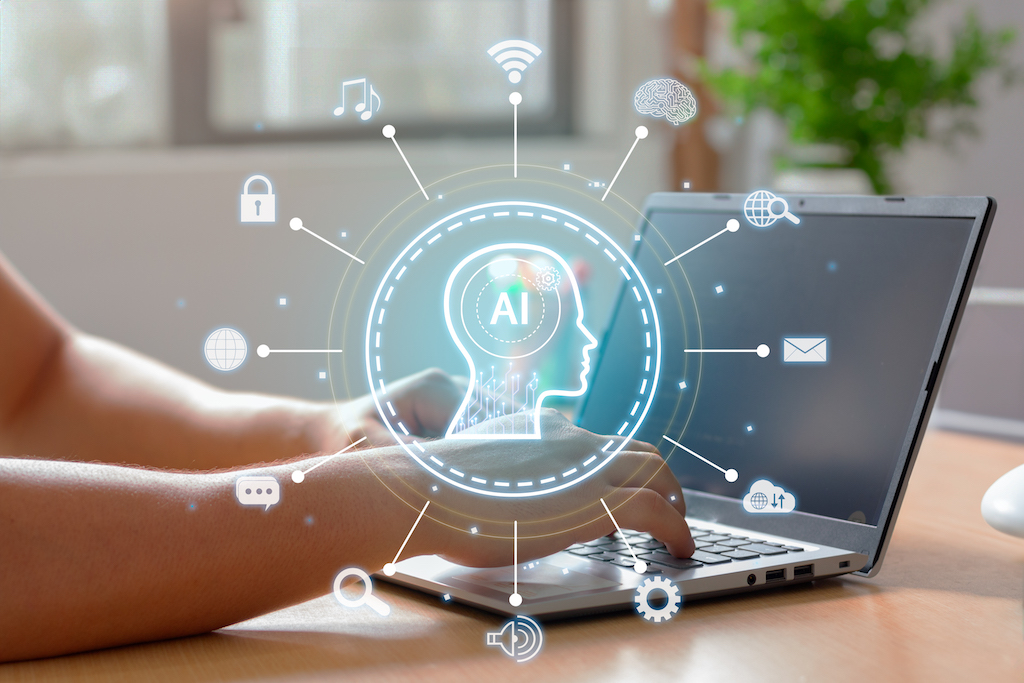
Misconceptions about copyright and the new challenges in the age of Artificial Intelligence
In today’s ever-changing digital world, artificial intelligence (AI) is more than a trendy term. It’s revolutionizing various industries, especially creativity. As AI advances, it brings unique challenges and opportunities for creators, impacting UK and global copyright laws. However, before addressing AI’s role in creativity, we must first understand copyright laws and adopt best practices for an enhanced creative experience.
When does my work receive copyright protection?
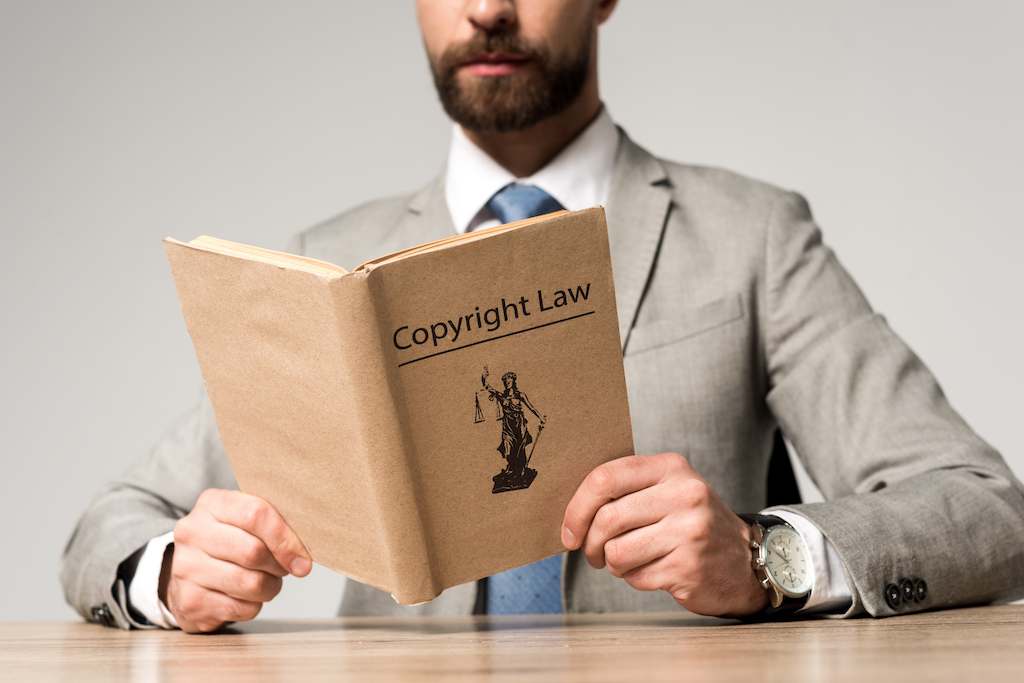
In the UK, like many other countries but unlike the U.S., there is no national service for voluntary copyright registration by human creators. This creates misconceptions about the timing of copyright establishment. In the UK and Berne Convention signatories, copyright protection starts automatically upon a work’s completion, not its publication or registration. As soon as a work is finished, be it literary, musical, or artistic, it’s immediately protected by copyright law and international agreements. This automatic protection, a key global feature, safeguards creators’ rights from the moment their work exists, even before publication.
The role of collecting societies and other creative associations and technological registration services.
Collecting societies and creator associations in the UK like DACS play a vital role in representing and supporting artists and creators and are often specialized in specific type of creations, like music or video, or literature. Of course if you are a professional creator of a specific field, it is very advisable to be part of such associations as they provide invaluable information and resources to manage rights, get advice and learn about publishing solutions and defend the rights of the colective. Even more so now that important debates about IA may have an important impact on creators all over the world.
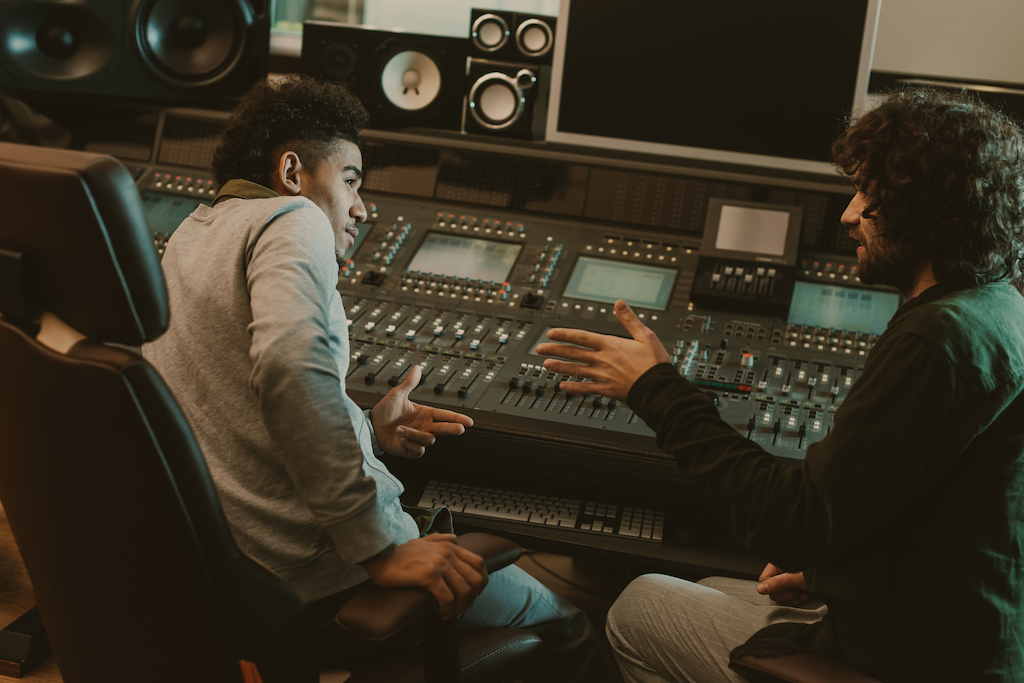
In any case it’s important to understand that these organizations are not synonymous with copyright registration services either. These organizations primarily focus on managing rights and royalties, rather than providing legal proof of authorship or initial creation date. This distinction is crucial, especially for creators seeking to declare their rights proactively. In this context, private copyright registration services become invaluable. They offer a concrete way to create and maintain authoritative proof of authorship and the creation date of a work, particularly before any form of publication or public disclosure. Such services offer a robust foundation for asserting copyright, especially when the origin or ownership of a work is contested or unclear. They become an essential resource for creators seeking to safeguard their copyright from the outset.
The AI Challenges:
Who owns copyright of AI generated images?
The core of the challenge lies in determining copyright ownership for AI-generated content. Can a machine be a legal author? Remember that we talked about “human creators” in the second paragraph?
Traditional copyright laws focus on human authorship, but AI disrupts this by creating content without direct human input. Or does it? This raises pressing questions: If an AI creates a novel or a piece of music, who owns the copyright – the programmer, the AI, or the user who initiated the process?
UK’s Legal Landscape:
The UK’s copyright framework, anchored in the Copyright, Designs and Patents Act 1988, confronts a unique challenge with the emergence of AI-generated works. This Act, conceived before the digital era, lacks clear directives for works created by or with AI, leading to uncertainty for creators and legal experts.
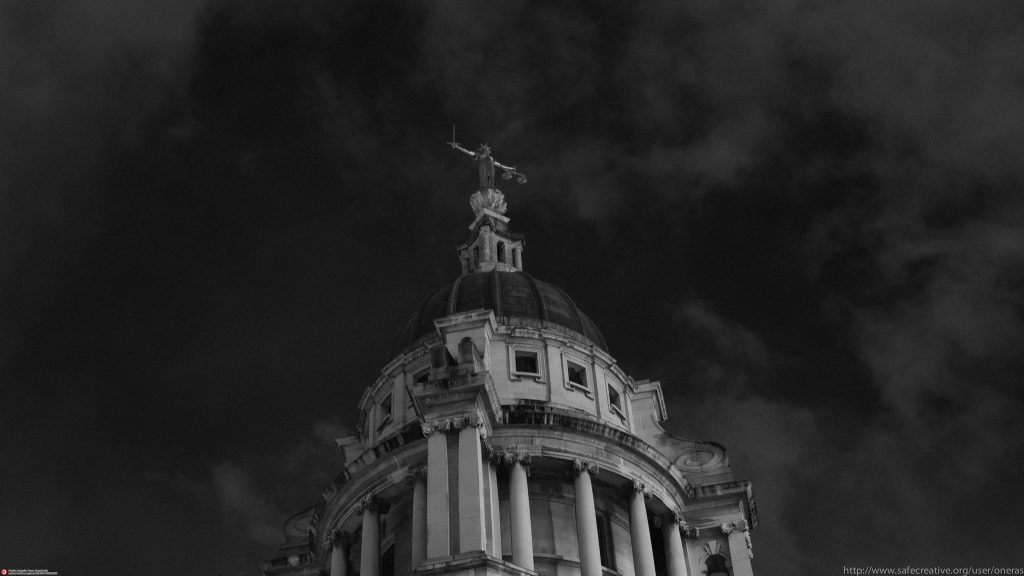
International Trends:
Both the USA and EU are moving towards a framework that suggests or requires marking AI-created works as such. This global shift highlights the need for the UK to consider its stance and align with international practices.
Adapting to AI’s Role:
The central challenge for the UK is to redefine copyright law to reflect AI’s growing influence in creative processes. This includes clarifying copyright ownership and protection in cases where AI substantially contributes to a creation.
Harmonizing with Global Standards: With the USA and EU setting precedents, it’s crucial for the UK to update its laws not only to address domestic concerns but also to stay harmonized with international copyright practices, considering the global nature of digital content and technology.
This leads to the question: What happens if AI companies use my original works to feed their algorithms?
Depending on our position it might be interesting to consider the following: Artificial intelligence (AI) companies are continuously scouring the internet for data and content, it is increasingly vital for creators to have definitive proof of authorship for their original works. Such proof serves as a critical safeguard in instances where an AI company might use your work without permission. By having documented evidence of your original files and their creation dates, you position yourself strongly in the legal arena, should the need arise to take action against unauthorized use. This not only reinforces your legal standing but also serves as a deterrent to AI companies who might otherwise utilize creative works without proper attribution or permission. In essence, creators need concrete proofs of authorship as a strategic necessity, not just a protective measure, in a landscape where AI technologies often challenge digital rights with their capabilities and reach.
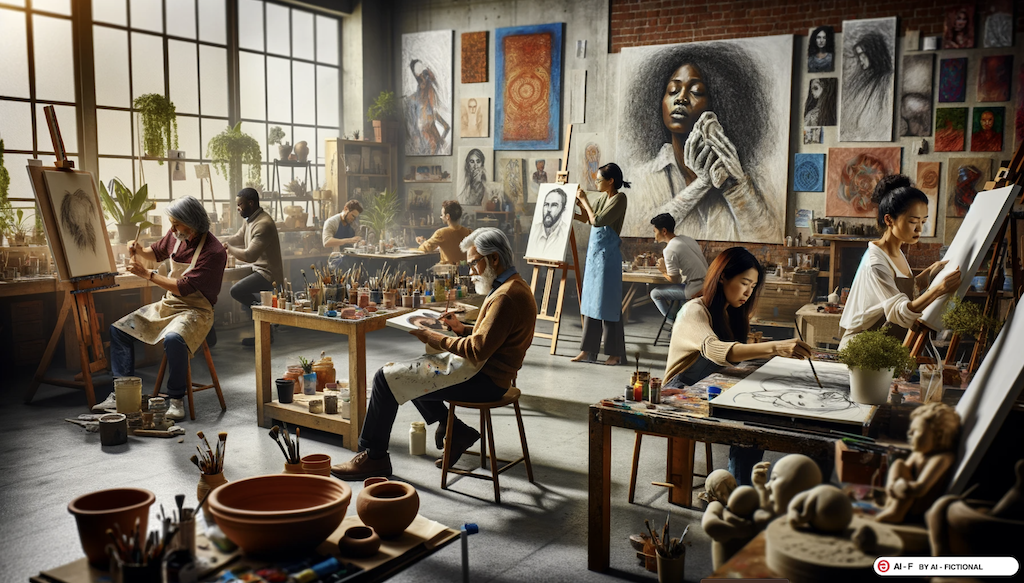
By the way, here you can check if your works are being used to train AIs: https://haveibeentrained.com/
Protecting Creators and Innovators:
As we navigate this new territory, it’s essential to balance the protection of traditional creators with the encouragement of technological innovation. This is more evident because AI is a tool many creators are already using and more will use in the future, both to assist and help with their own original creators, or create entirely new works in innovative ways.
Besides the International proposals to seek transparency to AI companies and enforce the marking of AI generated works, we need to consider the legitimate interest of any creators to state his or her own part of human creativity in any work they create.
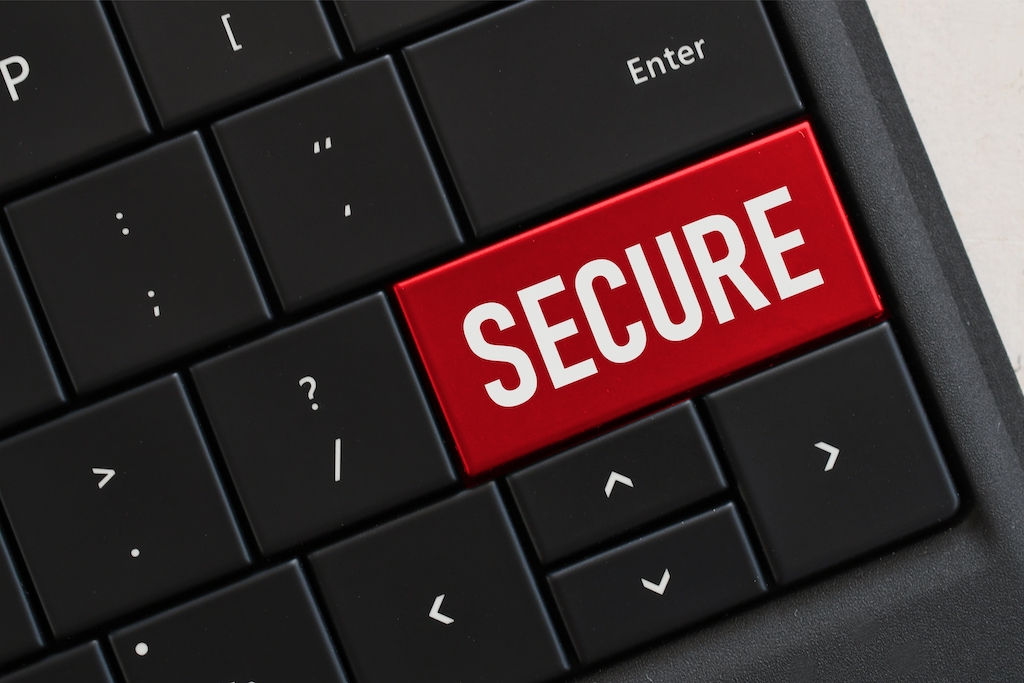
Transparency by design.
In the burgeoning era of digital creation, certifying the creative process of any work is becoming increasingly crucial. This certification not only adds a layer of confidence and trust in the work but also provides transparency in the creative journey. As artificial intelligence (AI) starts playing a more significant role in creative sectors, creators must delineate which parts of their work receive AI assistance. By certifying the creative process, creators can clearly indicate the extent of AI involvement. This helps to distinguishing between human ingenuity and machine-generated contributions. This level of clarity not only bolsters the integrity of the work in the public eye but also ensures that the creators can accurately represent their authorship.
In a landscape where human and AI creativity lines blur, using such certification becomes a powerful tool to maintain creative works’ authenticity and originality. It enhances trust and respect in the artistic community and among consumers.
Looking Ahead:
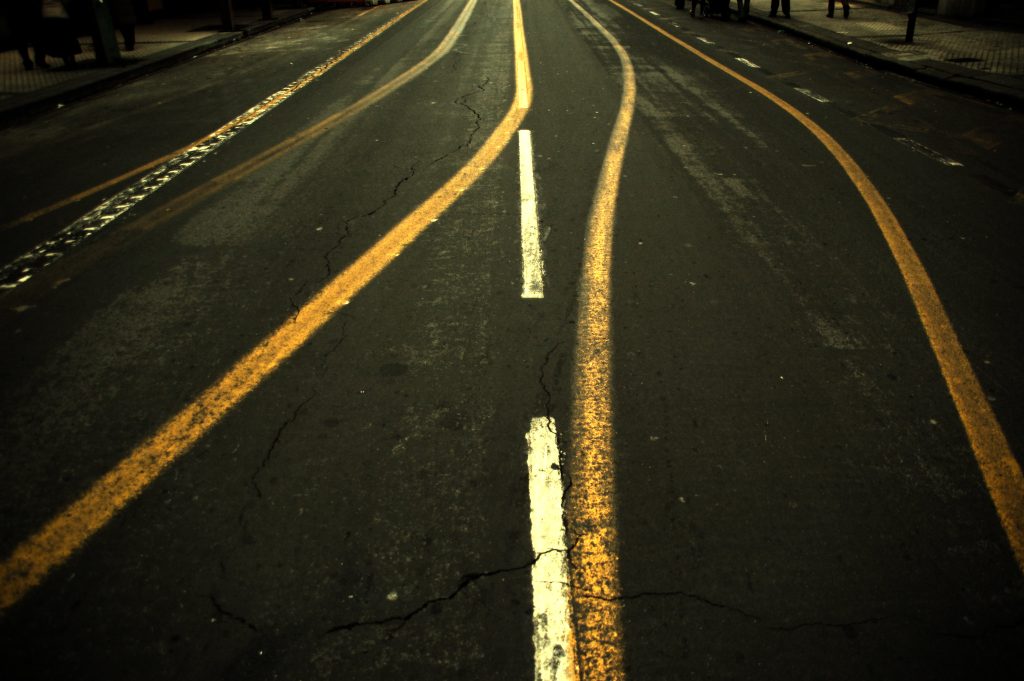
The UK has the opportunity to lead in developing a legal framework that accommodates the unique challenges posed by AI. This includes considering the rights of human creators, the role of AI as a tool or collaborator, and the need for flexible, forward-thinking policies that have the human uniqueness factor in their starting point.
In Safe Creative we’d love to hear your thoughts and concerns.
Do you want your work to be used by AI, do you use AI generated content or tools for your creations? Let us know!


Well, we actually really don’t know as the debate about AI and copyrights is ongoing. So the best course of action is to declare this information, which hope will be better adapted in our system soon, and we’ll see what decisions are made in the future and what the general consensus gets to be.
So as a conclusion to the above great article would be that any copyright registration that specifies that it was created by human with the assistance of AI intelligence will keep its copyright validity in the future, right?
Несомненно то, что искусственные интеллекты уже обучаются на классических произведениях, таких как упомянутые Вами, а также на классических произведениях величайших писателей. Постепенно все будет совершенствоваться, но проблема часто заключается в оригинальности и замысле, которые очень трудно убедительно воспроизвести. Посмотрим.
Пока в настоящее время искусственный интеллект находится в состоянии ребенка А вот завтра при анализе алгоритмов произведений Баха или Бетховена возможно будет продолжение их посмертного творчества. Это касается и. Шекспира и. Байрона